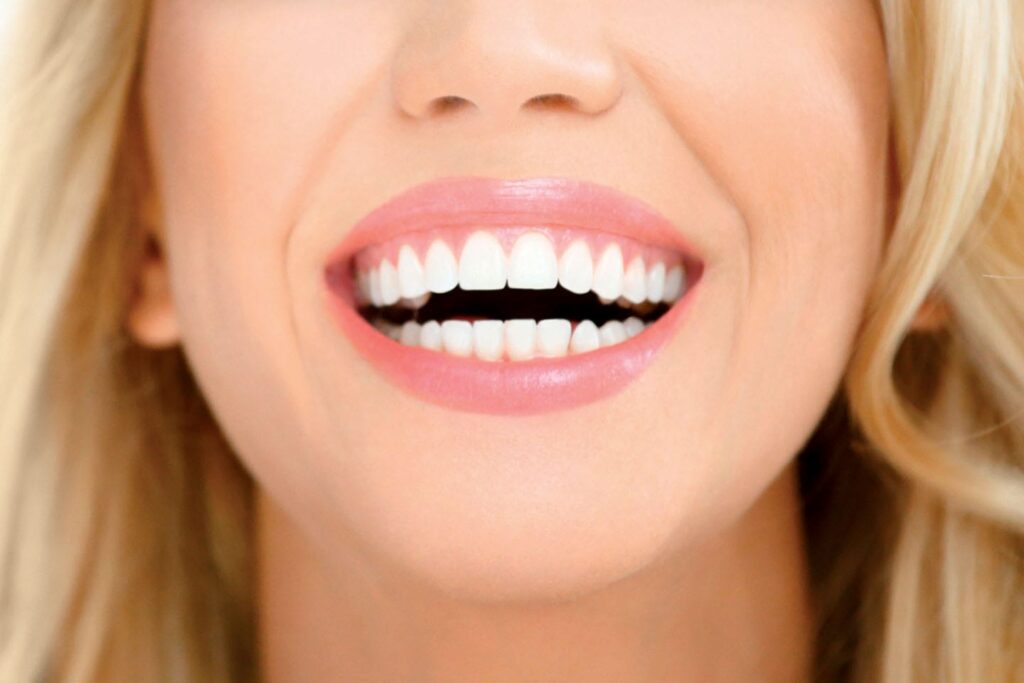Oral Health


From plaque to past dental work needing repair, women face a multitude of oral health challenges. How they care for their teeth can affect their overall health.
Women’s teeth are constantly under strain. After all, biting, chewing, talking, and general aging can affect the look and function of anyone’s pearly whites. While the following conditions are common for women, they can all be prevented with proper care.
Tooth Decay
Also referred to as dental caries or cavities, tooth decay occurs when the bacteria in plaque settles on the teeth and slowly destroys the enamel to form holes. While a woman’s lifestyle and oral health routine determine the likelihood that she’ll develop decay, older women experience it more frequently due to the vulnerability of their enamel, which weakens over time. The best way to avoid decay is to prevent plaque from developing by brushing and flossing regularly, attending routine dental exams, and avoiding sugary foods.
Enamel Degradation
Everyone’s favorite drinks – the fizzy, sugary kind – are unfortunately responsible for destroying tooth enamel. These beverages, which include sports drinks, carbonated soft drinks, and many forms of wine, slowly wear away at enamel, sometimes so much so, that the teeth require bonding support. When possible, swap these corrosive beverages for water. Also, consider switching to a softer toothbrush to avoid further erosion.
Dry Mouth
Called xerostomia, dry mouth is caused by a lack of saliva and is a common side effect of prescription medications. It’s also common in women over age 50, since saliva production naturally slows as we age. If left untreated, dry mouth can lead to bad breath and tooth decay. Increasing your water consumption can help with discomfort, but a visit with your dentist should be scheduled.
Sensitivity
Tooth sensitivity can be a result of several different causes, including tooth decay, fractured teeth, worn fillings or enamel, gum disease, clenching or grinding, and exposed teeth roots that may come from brushing too hard. For relief, women can try a desensitizing toothbrush, fluoride paste and mouthwash, and a nighttime mouth guard.
A woman’s oral health is vitally important to her overall health, as bacteria in the mouth can cause infections that spread throughout the body, affecting it in a multitude of ways. Your dentist can talk to you about how your fluctuating hormones, medication use, and more might influence your oral hygiene routine, as well as address how often you should visit for routine and preventative check-ups.


